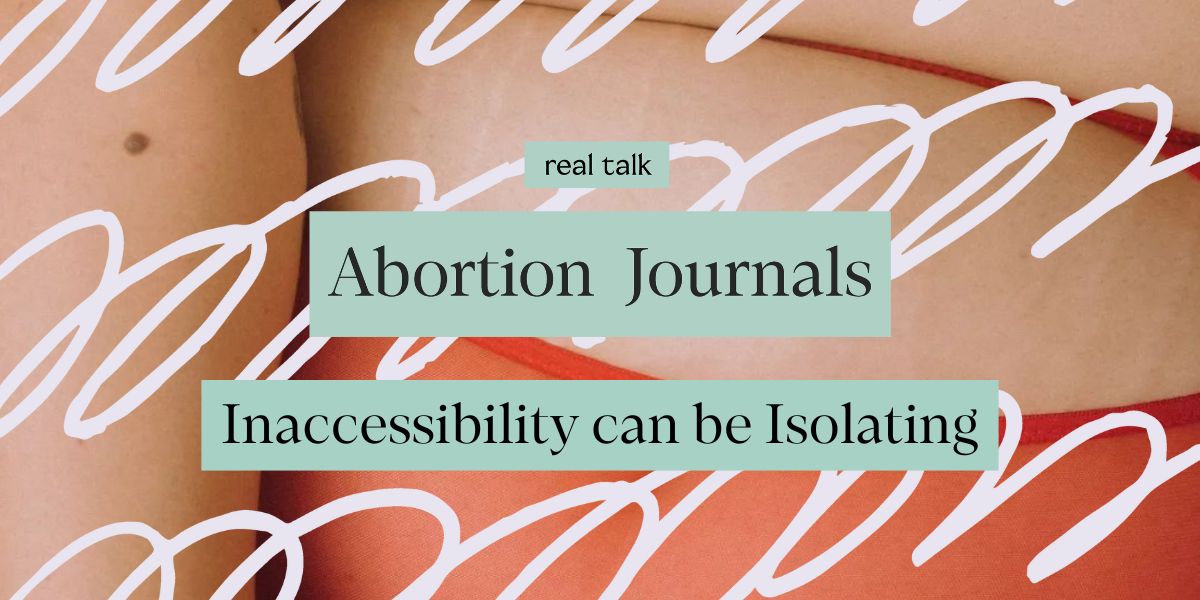I'm pregnant, now what?

You are somewhere private, peeing on a stick, waiting patiently or impatiently for the aforementioned stick to change life as you know it. You see those two lines, and it’s confirmed that you may be pregnant. What should you do next?
First, take a deep breath. Let the emotions wash over you, whatever those may be. Whether this has been a long journey or a short one, take a beat and breathe.
We know that navigating Lamaze classes, cribs that are must-buys, and learning what to avoid during pregnancy can be overwhelming, but first, you should confirm your pregnancy with your primary care provider. Once your physician has confirmed your pregnancy, we’ve put together a list of our recommendations for those days of early pregnancy.
Find a physician for your pregnancy
One of the first things you should do is contact your health care provider, and think about the type of care you are hoping to access over the course of your pregnancy. There are multiple options for medical care throughout your pregnancy, so it’s worth discussing what you are looking for and the type of support you’d like to receive. Let’s review some of the different types of health care providers who often take care of people during their pregnancy.prenatal-multi-dha
OBGYNs
Many soon-to-be parents will work with an Obstetrician-Gynecologist (OBGYN) as their primary care provider for the duration of the pregnancy. OBGYN’s are physicians who medical doctors that have the ability and training to perform surgeries and manage pregnancy complications. Many OBGYN’s also manage uncomplicated pregnancies as well and will work with you to have a healthy pregnancy and delivery.
Family doctors
Some parents choose to stay with a family doctor that they are comfortable with, particularly if they are a family doctor that has experience with prenatal care and can adequately support you without adding another health care professional to your care team.
Midwives
Midwives are not medical doctors, but many have a master's degree level of training and can also provide care for you during pregnancy, your delivery, and postpartum. This training allows them to provide additional education surrounding pregnancy and delivery for topics including breastfeeding and nutrition.
Many midwives work closely with OBGYN physicians, and oftentimes you can find them both in the same office or health care system. There are many different types of midwives: Certified Nurse-Midwives, Certified Midwives, Certified Professional Midwives, and Traditional Midwives.
Schedule your first prenatal visit
Once you’ve decided on what type of health care you are interested in, you should call the clinic or office to schedule your first prenatal visit. Some practitioners may not schedule an appointment until you’ve missed two periods (or about 6-8 weeks after your missed period).
Other providers may ask patients to come in right away so they can start collecting information about the mother’s medical history and current presentations. If you are asked to wait for your visit, it will be important during this time to avoid smoking or drinking alcohol, and make sure to take your prenatal vitamins.
If you have a medical history that suggests you need to be seen sooner rather than later, or if you take any medications regularly to manage any conditions (including hair or skin issues), it’s important that you communicate that information to your provider.
A history that would warrant an earlier appointment can include previous pregnancy loss, complications (like pain or bleeding) during this pregnancy, or chronic conditions that were diagnosed pre-pregnancy that could make your pregnancy more high risk such as diabetes, hypertension, hypothyroidism, and certain bleeding disorders.
Something else to note is that COVID-19 has resulted in expanded telehealth prenatal care across the country. This has allowed some providers to review medical history and provide initial counseling before or during the 8-12 weeks of the first trimester of pregnancy via telehealth visits. This may still require you to go in person to get some lab work or imaging done during the first trimester, but this is often a good choice for the first visit if there are concerns about contracting COVID-19.
What to bring to your first prenatal visit
Some things that may be useful to bring to your first prenatal check-up can include, but are not limited to:
Your medical history (in digital or paper form)
Bring records from any previous pregnancies, surgeries, or anything that may be helpful for your care provider to know. Usually, most hospitals/clinics have a way for your records to be shared with your provider electronically but may require you to sign a release form. This is a great option to share your entire medical record as there may be things that could be pertinent to address or manage during pregnancy.
You should also plan to discuss with your physician any symptoms that seem abnormal or worrisome, and provide a list of any current medications or vitamin supplements you are taking and/or plan to take throughout the pregnancy.
Questions and materials to take notes
You can bring a piece of paper and pen to write down questions as you think of them or to note responses from your health care provider that you want to make sure to repeat to your partner or other family members. A good idea is to create a running list either on paper or digitally of questions that come up to ask during your visit.
Someone to support you (your spouse, partner, or a friend)
Having another person with you can make it easier to remember all the information shared, in addition to being someone who can vouch for your medical history or symptoms.
You’ve scheduled your first checkup, now what?
While 8-12 weeks may feel impossibly far away at this moment as you wait for your check-up, there are other things you can do in the meantime.
Learn about pregnancy
Check out or purchase books, movies, or other media that can help you learn more about what will happen to your body over the course of pregnancy and during childbirth.
Create a self-care routine
Start to implement your self-care routine that can support your overall health during the next 9 months. This can include:
- getting a good night’s sleep every night
- eating plenty of fruits and vegetables
- taking prenatal vitamins
- exercising in a way that is safe for you and the baby
Perhaps yoga feels out of the question as your belly starts to grow (downward-facing dog is hard enough as it is!), but maybe you can take this time to explore other options that will help you feel healthy in both mind and body.
Figure out your support system
Last but certainly not least, begin thinking about who can act as your support system while you are pregnant and after birth. Some questions to consider:
- Are there other parents in your circle of friends who know what it’s like and can provide guidance?
- Are your parents or other close family members eager to get involved however they can?
- Would you rather seek out community online, in your town, or in your city, and leave your close friends and family out of it?
Choose who it will feel good to be around, and spend time cultivating those relationships as you prepare — and don’t forget to take as many deep breaths as you need.
Have questions? Stix is here to help.
If you’re looking for guidance during your pregnancy, Real Talk has the answers to all of your pregnancy and postpartum questions. Check out more pregnancy articles on Real Talk for more tips, recommendations, and a community of support.
Keep Reading

The definitive guide to prenatal vitamins
Aug 13

The first trimester of pregnancy, explained
Jan 28

How to make exercising while pregnant less scary
Mar 23










